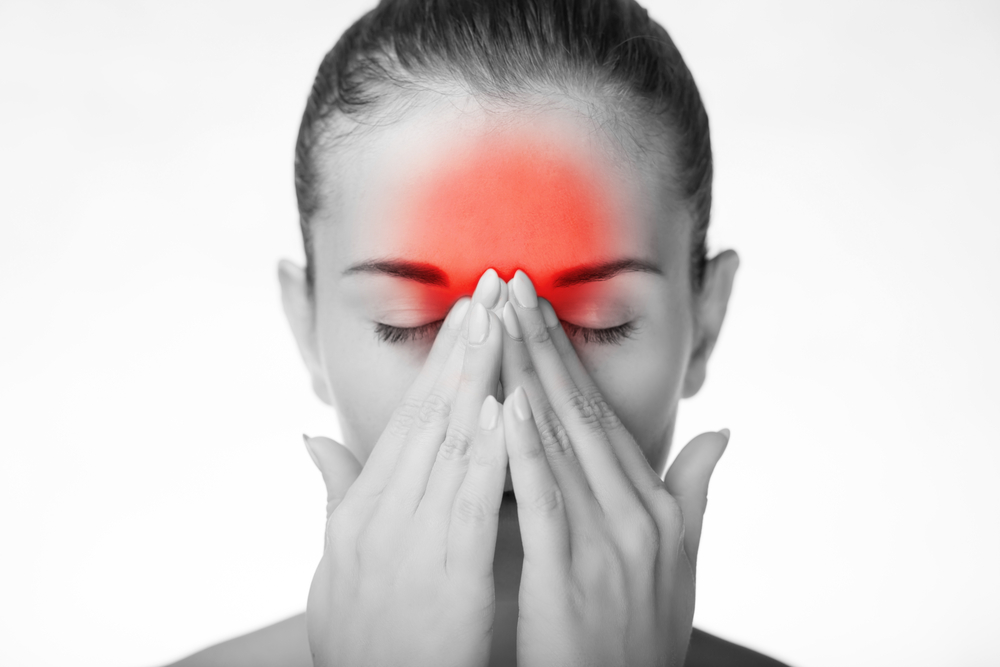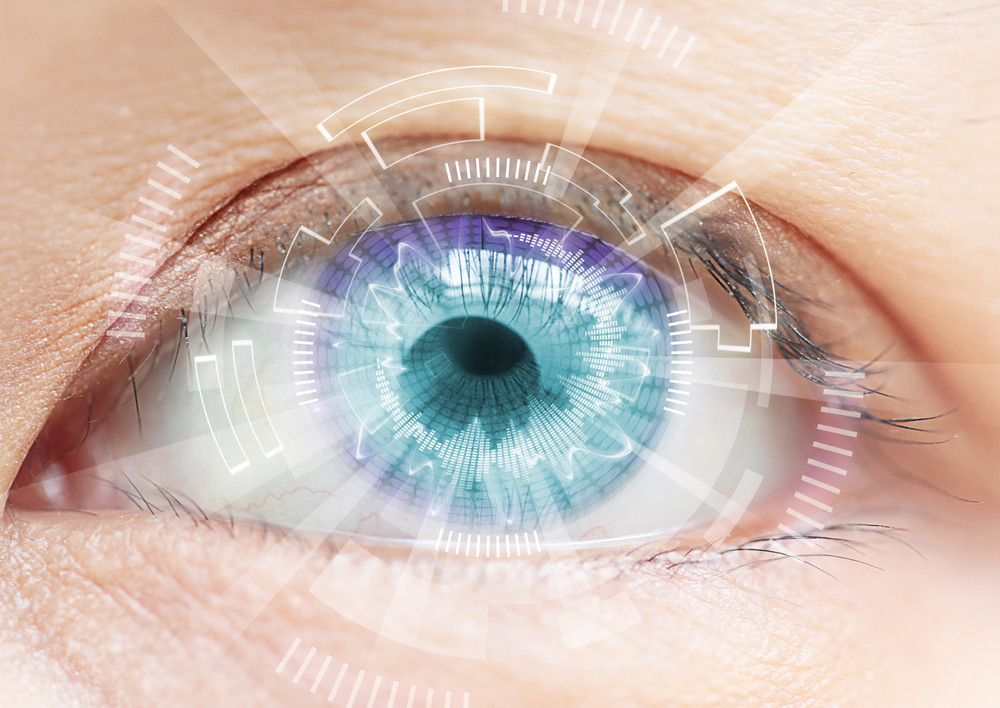Drinking coffee can lower risk of alcohol-related liver disease

Drinking caffeinated or decaffeinated coffee may help reduce the risk of developing alcohol-related liver disease according to a long-term study carried out at the University of Southampton[i].
The research involved tracking nearly 400,000 coffee drinkers and just over 100,000 non-coffee drinkers over 11 years. Once factors such as alcohol consumption and body mass index had been taken into account the study suggested that people who drink coffee had a 20 % lower risk of being diagnosed with chronic liver disease or fatty liver disease than those who did not drink it. The greatest benefits were seen at four cups a day.
Omega-3 fats could help reduce migraines

Classed among the most disabling conditions by the World Health Organisation, migraines can last for up three days and cause 25 million lost work and school days in the UK each year.
Sadly, there is currently no cure. But recent research suggests a diet rich in omega-3 fatty acids could help to reduce their frequency. The small study published in the British Medical Journal [ii] involved 182 people who suffered migraines on five to 20 days a month and found that including more omega-3 fatty acids in the diet could slash the debilitating headaches by two to four a month.
Omega-3s have also been linked to lower blood pressure, better heart health and a reduction in depression and anxiety. Good sources include oily fish, flaxseeds, walnuts and dietary supplements.
The ongoing importance of Vitamin D

Despite vitamin D being essential for healthy bones, only half of people (51%) realise that it is important for bone health and 43% have never even considered what they need to do to look after their bones, according to a recent poll of 2,000 UK adults[iii].
Although some foods such as egg yolks, oily fish ( herring, mackerel, salmon and sardines) meat, liver and kidney as well as wild mushrooms contain small amounts it is difficult to get enough vitamin D from food alone.
From April through the summer months most people can get good amounts of vitamin D from sunlight if you expose your skin for short periods to direct sunlight for around 10 minutes, once or twice a day. From the end of September to the beginning of April though, we should all consider taking a daily vitamin D supplement of at least 10-micrograms because the sun is too low in the sky to be effective.
Lutein may help slow the progression of Age-related Macular Degeneration

Lutein – a pigment found in fruit and vegetables – may help to slow down the progression of age-related macular degeneration (AMD) according to a recent study published in the journal Nutrients[iv]. Good sources of lutein include Romaine lettuce, corn, parsley, spinach, peppers and egg yolks.
[i] www.medicalnewstoday.com/articles/drinking-any-coffee-reduces-the-risk-of-liver-disease-study-finds
[ii] /www.bmj.com/content/374/bmj.n1535
[iii] theros.org.uk
[iv] www.healio.com/news/optometry/20210610/luteinzeaxanthin-shows-continued-benefit-in-areds2-supplement-for-amd https://www.mdpi.com/2072-6643/13/6/2047


























